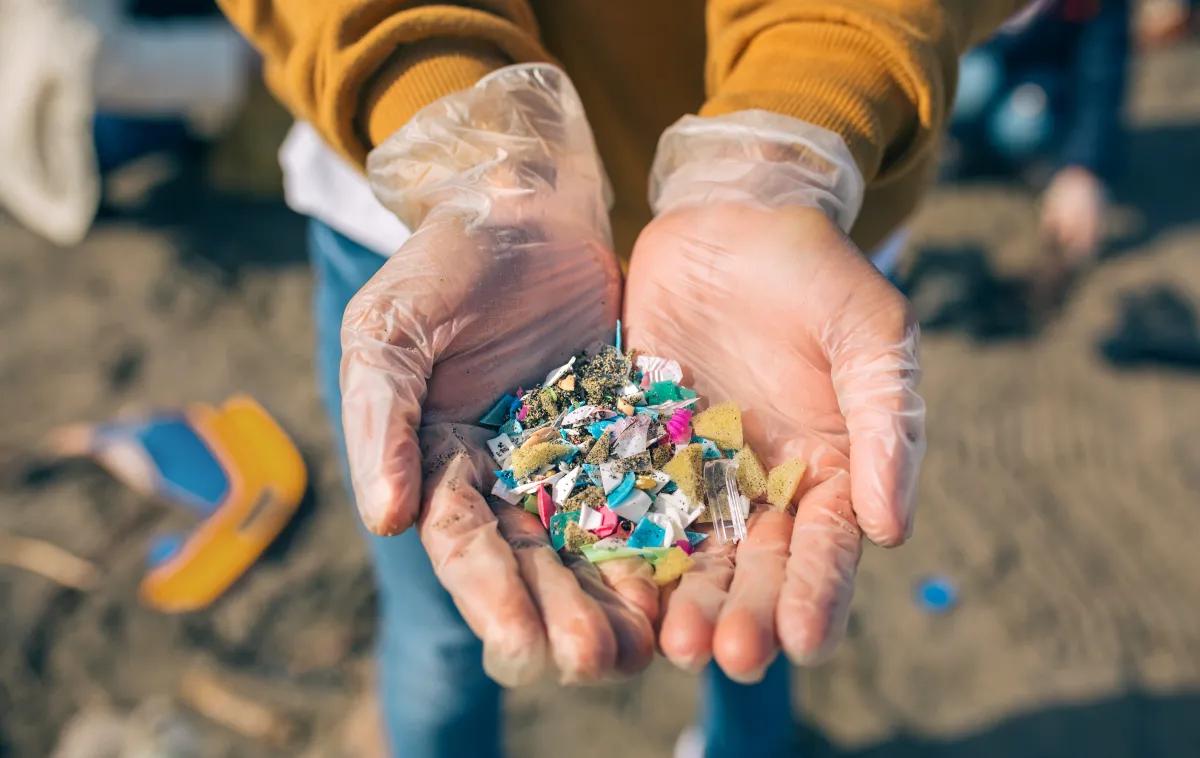Turning Waste into Watts
The world is dealing with a plastic waste crisis of staggering proportions. Over 300 million metric tons of plastic waste is generated globally yearly - enough to circle the planet hundreds of times. Much of this waste pollutes our land, marine ecosystems, and air. Unfortunately, Malaysia contributes over 1 million tons of mismanaged plastic trash annually to this crisis, resulting in its stunning landscapes being marred by plastic waste.
Our unsustainable reliance on single-use plastics for packaging and convenience has led to devastating environmental consequences. Plastic waste clogs waterways, kills wildlife who mistake it for food and releases greenhouse gases as it slowly decomposes in overflowing landfills.
Microplastics, less than 5mm in diameter, continue to increase in the environment at alarming rates, causing further damage. These tiny particles are shed from more considerable plastic waste as it degrades or is manufactured as "microbeads" in cosmetic products, which easily pass through water treatment plants. Researchers have found microplastics present not just in oceans but disturbingly also in agricultural soils, inland waters, and even the air - meaning both humans and wildlife are likely ingesting plastic through food and respiration.
With plastic waste embedded throughout our ecosystems, Malaysia is at a crossroads, requiring it to make tough sustainability choices. Continuing business-as-usual disposal practices is environmentally untenable and risky. Littering is rampant, with Malaysian beaches ranking among the worst globally for plastic pollution. Landfills take centuries to decompose plastic, if at all, while releasing harmful greenhouse gases. Incineration of plastic waste is hardly better, generating toxic emissions, including cancer-causing dioxins.
Linear "take-make-dispose" economies based on single-use plastic must end for Malaysia and globally. But what are the sustainable alternatives? An emerging solution gaining traction in Malaysia involves upcycling - converting plastic waste into valuable materials with reduced environmental impact. Upcycling not only repurposes plastic otherwise headed for landfills or incineration but also generates environmental and economic benefits by transforming waste into useful products.
The Malaysian government is taking steps to promote upcycling. In 2021, the government launched a national plan to reduce plastic waste by 30% by 2030. The program includes several measures to encourage upcycling, such as financial incentives for businesses that upcycle plastic waste.
One pioneering example of plastic upcycling comes from Sunway University researchers led by Professor Mohammad Khalid. The team upcycles single-use plastic into carbon nanomaterials such as graphene through an innovative technique. The resulting materials show tremendous potential in developing advanced batteries and supercapacitors to store and discharge energy from renewable yet intermittent sources like solar and wind.
By upcycling plastic waste into sustainable energy storage solutions, this technology addresses the dual environmental issues of plastic pollution and climate change. Diverting plastic from landfills and incineration reduces associated emissions while providing locally sourced materials for green technology manufacturing. The upcycled carbon materials can also substitute for mined graphite or other virgin resources, lowering environmental impacts across production chains.
Additionally, plastic upcycling creates an economic opportunity and incentive system for improved waste management. Collecting, sorting and reprocessing plastic waste can generate income and formalise work for waste pickers, integrating them into a circular economy. New green jobs also emerge in operating upcycling facilities and manufacturing recycled products. With appropriate policy support, plastic upcycling can enable triple-bottom-line benefits that are environmentally sound, socially inclusive and economically productive.
Sunway University's innovative research marks a paradigm shift in viewing plastic as a valuable resource rather than a waste. But for upcycling to reach its full potential, collective action across society is vital.
Governments must implement policies and incentives facilitating upcycling infrastructure, technology and product development. Industries across manufacturing, waste management and beyond must integrate upcycled materials into designs and processes. Academics should further advance upcycling science and its applications. Lastly, individuals must reduce plastic usage and adequately dispose of whatever is left to enable collection for upcycling.
Malaysia stands at a turning point where its choices today will determine plastic's legacy tomorrow. By leveraging solutions like plastic upcycling, Malaysia can transition beyond an unsustainable, linear economy reliant on fossil fuels and single-use waste.
The future can be a vital, circular economy where plastic maintains its value, resources are shareable, not disposable, and the environment thrives. Malaysia is innovative and capable of becoming a sustainability leader if it seizes the moment. The time for action is now to choose upcycling over waste, conservation over pollution, and prosperity over contamination for the present and future generations.
Professor Mohammad Khalid
School of Engineering and Technology
Email: @email




